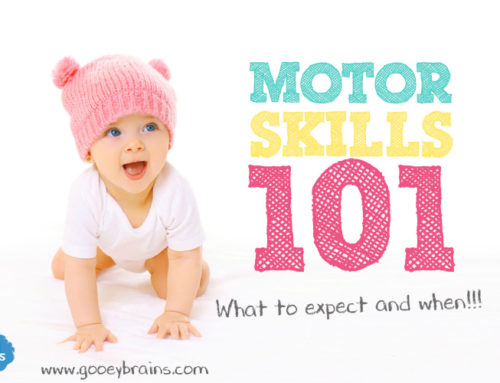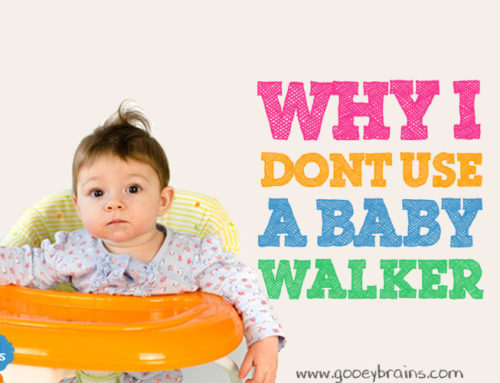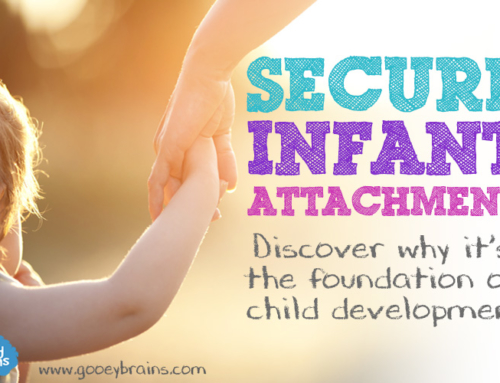Early language skills in newborns.
Researchers have found that babies actually cry with an accent! Babies in Europe were found to use the same speech melodies used in their native language when they cry by only the second day of their life.
For example, a French baby ended its cries with a ‘lilt’ that is typical of somebody speaking with a French accent. The German babies had cries that were intense to start with and then weakened, which is typical of how a German parent speaks in a sentence.
So, how do babies learn an accent so quickly after birth? Well, they actually are listening and hearing while they are still in the womb. Dr Ari Brown explains that a newborn recognises the voice of its parent, but also knows to ignore the family dog barking!
Research suggests that by 30 weeks pregnant, the unborn child has short-term memory for loud noises. So, if they recognise a sound as something that they have heard before, they will ignore it. This ability to store sound information may help them after birth to copy sounds and accents that they have heard around them. Dr Rahil Briggs agrees that newborns are likely mimicking sounds that they have heard.
Given that we know that newborns can hear and react to the noises in their environment even before birth, it is important for parents to consider what type of sound environment they are exposed to even during pregnancy. Could the noises affect their development and be inducing stress, such as yelling? Are you and your partner spending time speaking to the baby so that it can get to know you by your voice before you get to meet him or her?
A Newborns’ Cry Melody Is Shaped by Their Native Language
Did you know? A baby begins learning to talk at 1 month of age!
Reference
Mampe, Friederici, Christophe, Wermke (2009)






